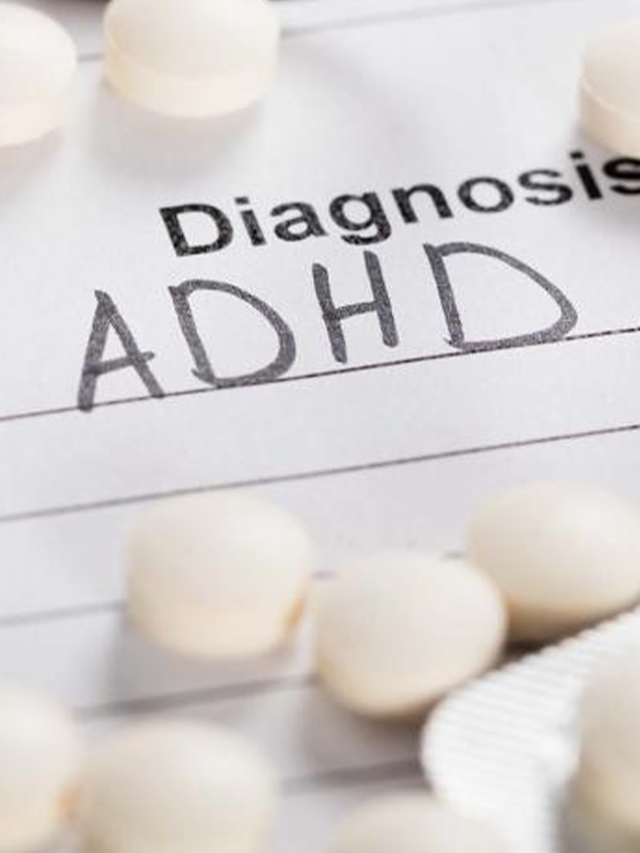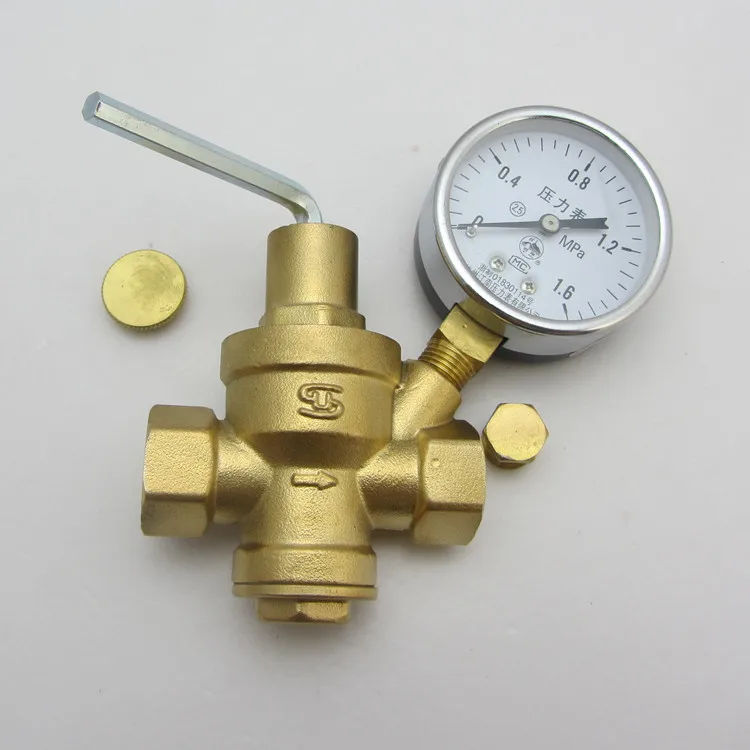Diagnosed With Adult ADHD? Your Action Plan

Table of Contents
Understanding Your ADHD Diagnosis
Understanding your specific ADHD presentation is paramount to effective management. This involves reviewing your symptoms, understanding how they manifest in your daily life, and engaging in open communication with your healthcare provider.
Reviewing Your Symptoms and Diagnosis
Your diagnosis is based on a pattern of symptoms that significantly impact your daily functioning. It's crucial to understand how these symptoms present in your life. Common adult ADHD symptoms include:
- Difficulty focusing and sustaining attention: Struggling to concentrate on tasks, easily distracted, mind wandering frequently.
- Impulsivity: Acting on urges without thinking, interrupting conversations, making hasty decisions.
- Hyperactivity: Restlessness, fidgeting, difficulty sitting still, excessive talking.
- Organizational challenges: Difficulty planning, prioritizing, and completing tasks; struggling with time management.
- Emotional dysregulation: Experiencing intense emotional responses, difficulty managing frustration or anger.
Understanding the specific ways ADHD impacts you—for example, how it affects your work performance, relationships, or personal life—is critical for developing a targeted treatment plan. Note the specific areas where your symptoms are most challenging.
Asking Questions of Your Doctor
Open communication with your healthcare professional is essential. Don't hesitate to ask clarifying questions to ensure you fully understand your diagnosis and treatment options. Here are some important questions to ask:
- What are my specific ADHD symptoms based on my assessment?
- What treatment options are available for my type of ADHD?
- What are the potential side effects of medication, and how can they be managed?
- What type of therapy would be most beneficial for me?
- What are the long-term implications of ADHD, and how can I mitigate them?
- Are there any support groups or resources you can recommend?
Clarifying your doubts and understanding the long-term implications of your diagnosis empowers you to take proactive steps towards effective management.
Building Your Personalized ADHD Action Plan
Creating a personalized ADHD action plan involves setting realistic goals, exploring effective treatment options, and making supportive lifestyle adjustments. This is an iterative process; you'll likely need to adjust your plan as you learn what works best for you.
Setting Realistic Goals
Start small! Overwhelming yourself with too many changes at once can lead to frustration and decreased motivation. Focus on achievable, short-term goals that build upon each other. Examples include:
- Improving time management by using a planner or time-blocking technique for one specific task each day.
- Organizing one specific area of your home or workspace.
- Reducing impulsivity in one area of your life (e.g., online shopping, emotional spending).
- Increasing the consistency of a positive habit (e.g., regular exercise, mindfulness practice).
Remember to celebrate your successes, no matter how small! Adjust your goals as needed. The key is progress, not perfection.
Exploring Treatment Options
Multiple treatment approaches can effectively manage ADHD symptoms. These often work best in combination.
- Medication: Stimulant and non-stimulant medications can help improve focus, reduce impulsivity, and regulate mood. Your doctor will help determine the best medication and dosage for you.
- Therapy: Cognitive Behavioral Therapy (CBT) and other behavioral therapies can teach coping mechanisms, improve self-esteem, and address underlying emotional challenges.
- Lifestyle Changes: These play a crucial role in supporting medication and therapy.
It's vital to discuss the pros and cons of each option with your doctor to create a personalized treatment plan that aligns with your needs and preferences.
Lifestyle Adjustments for ADHD Management
Lifestyle changes significantly impact ADHD management. Prioritize these key areas:
- Regular Exercise: Physical activity improves focus, mood, and sleep.
- Healthy Diet: Nourishing your body with balanced meals and limiting processed foods and sugar can improve energy levels and mental clarity.
- Sufficient Sleep: Aim for 7-9 hours of quality sleep per night. Establish a regular sleep schedule.
- Mindfulness Techniques: Practices like meditation and yoga can help improve focus and reduce stress.
- Stress Management: Develop healthy coping mechanisms for stress to prevent it from exacerbating ADHD symptoms.
These lifestyle changes, when implemented consistently, contribute to better focus, mood regulation, and overall well-being.
Seeking Support and Resources
Connecting with others and seeking professional support are invaluable in managing ADHD.
Connecting with Support Groups
Sharing experiences with others facing similar challenges can provide invaluable emotional support and practical tips. Consider joining:
- Online support groups: Many online communities offer a safe space to connect with others and share experiences.
- Local chapters of ADHD organizations: These organizations often offer workshops, support groups, and educational resources.
The shared experience and encouragement from others navigating the same journey can make a profound difference.
Finding a Therapist or Coach
A therapist specializing in ADHD can provide valuable guidance, support, and coping strategies. When searching for a therapist, look for someone:
- Experienced in treating adult ADHD.
- Whose therapeutic approach aligns with your preferences.
- With whom you feel comfortable and a good rapport.
Professional guidance and support are crucial throughout your journey with ADHD.
Conclusion
Receiving an adult ADHD diagnosis can be a turning point. By understanding your diagnosis, building a personalized action plan, and seeking support, you can effectively manage your ADHD and improve your overall well-being. Remember, managing adult ADHD is a journey, not a destination. Start building your own successful Adult ADHD action plan today! Don't hesitate to seek professional help and explore the resources available to support your journey with Adult ADHD and its related challenges.

Featured Posts
-
 The Pete Rose Pardon Examining Trumps Potential Action And Its Fallout
Apr 29, 2025
The Pete Rose Pardon Examining Trumps Potential Action And Its Fallout
Apr 29, 2025 -
 Vatican Defrauded London Real Estate Deal Ruled Fraudulent By British Court
Apr 29, 2025
Vatican Defrauded London Real Estate Deal Ruled Fraudulent By British Court
Apr 29, 2025 -
 Hungary Defies Us Pressure Maintaining Strong Economic Ties With China
Apr 29, 2025
Hungary Defies Us Pressure Maintaining Strong Economic Ties With China
Apr 29, 2025 -
 Buying Capital Summertime Ball 2025 Tickets Official Sources And Resale Options
Apr 29, 2025
Buying Capital Summertime Ball 2025 Tickets Official Sources And Resale Options
Apr 29, 2025 -
 Pete Rose Pardon Trumps Pledge After Baseball Legends Passing
Apr 29, 2025
Pete Rose Pardon Trumps Pledge After Baseball Legends Passing
Apr 29, 2025
Latest Posts
-
 The Intricate Seating Plan For A Papal Funeral
Apr 30, 2025
The Intricate Seating Plan For A Papal Funeral
Apr 30, 2025 -
 Planning A Popes Funeral The Complexities Of Seating Arrangements
Apr 30, 2025
Planning A Popes Funeral The Complexities Of Seating Arrangements
Apr 30, 2025 -
 Povidomlennya Pro Mozhlivu Zustrich Trampa Ta Zelenskogo Na Pokhoronakh Papi
Apr 30, 2025
Povidomlennya Pro Mozhlivu Zustrich Trampa Ta Zelenskogo Na Pokhoronakh Papi
Apr 30, 2025 -
 Zelenskiy Ta Tramp Perspektivi Zustrichi Pid Chas Pokhoronu Papi
Apr 30, 2025
Zelenskiy Ta Tramp Perspektivi Zustrichi Pid Chas Pokhoronu Papi
Apr 30, 2025 -
 Tramp Ne Viklyuchaye Zustrichi Iz Zelenskim Na Pokhoroni Papi
Apr 30, 2025
Tramp Ne Viklyuchaye Zustrichi Iz Zelenskim Na Pokhoroni Papi
Apr 30, 2025
